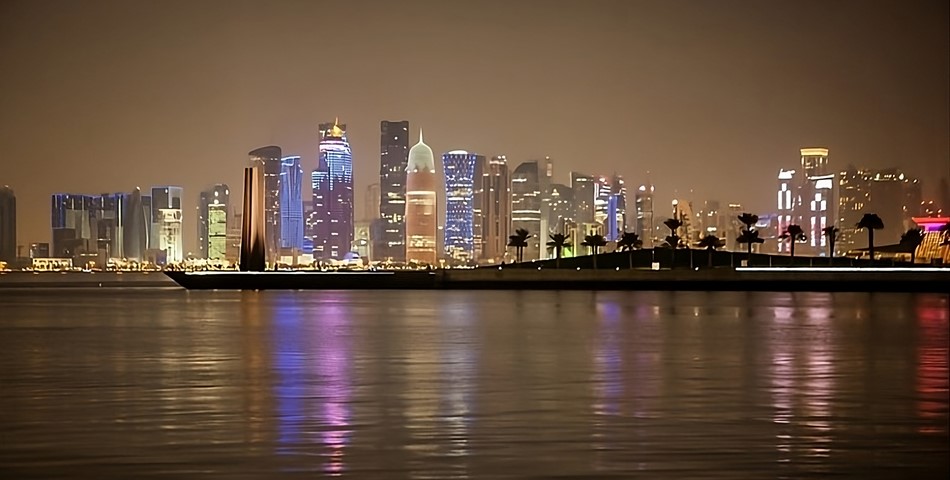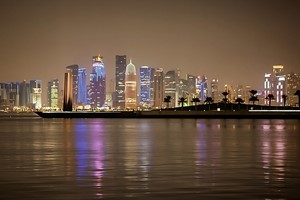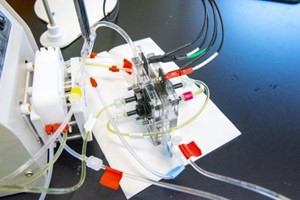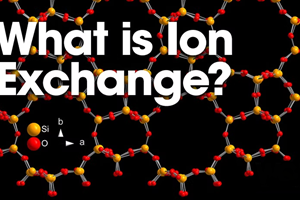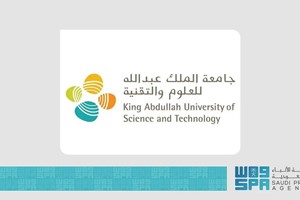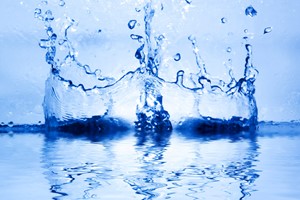When we think about different climate-related challenges, specific locations often spring to mind. If you’re investigating wildfires North America, Mediterranean Europe, and Australia might be logical places to start. The Netherlands is a leader in flood protection measures, and at the other end of the spectrum, nations facing severe drought conditions can offer insight into effective water management.
Dr Jenny Lawler is Senior Research Director of the Water Centre at the Qatar Environmental and Energy Research Institution, or QEERI. Moving to the post from Dublin City University, she has been a professor of bioprocess engineering for around a decade, having trained as a chemical engineer with a PhD in membrane separation. All of which is useful given Qatar’s precarious access to clean, fresh water, and the technology it relies on to quench the thirst of its growing population.
‘Qatar is classified as one of the most water stressed countries in the world. Water poverty is classified by the availability of freshwater per person. We’re way below the poverty line, at about 1000 metres cubed (m2) per person. There’s virtually no fresh water here – there are no rivers, we don’t have lakes or streams. So this means the country is entirely reliant on the removal of salt from water. Even the groundwater is salty and has to be treated before it can be used,’ Lawler explains.
Historically, underground aquifers flowing from neighbouring Saudi Arabia met the needs of a small, sparse population. Between 1960 and 2022, the number of residents in Qatar exploded, from 47,000 to 2.7million – or 5,588% in 62 years. Understandably, managing this has required extensive infrastructure investment, not least to provide fresh water to homes and businesses. But now global net zero ambitions have rendered the current approaches unworkable in the long term.
‘There are two types of desalination. One is thermal, which relies on heat to drive the salt extraction. This has worked very well here, for the main reason that heat is pretty much free. Typically, it’s been an act of cogeneration, producing water and power through turbines burning gas to produce electricity, with the heat generated then used for desalination,’ Lawler tells us. ‘It is technically energy intensive, but actually it’s waste heat from energy generation.
‘At the moment, around 50 or 60% of the desalination in Qatar is thermal, through these cogeneration plants. But the new climate strategy has outlined a transition to renewables. So when you’re looking to integrate solar energy, the first 800MW solar plant is now operational here, you need to find alternative processes,’ she continues. ‘Reverse osmosis is less energy intensive than thermal, by more than half. But it still requires electricity… a lot of research at QEERI is looking at how to deal with things like intermittency in solar power. Reverse osmosis as a process doesn’t like to be switched on and off, it’s continual, so how to we achieve that?’
Qatar's water programme faces a major issue in brine, which is a mixture of fresh and salty water. Discharging this water into the ocean risks environmental impact, so strict rules exist on how it should be returned to the source. With the establishment of marine protected areas, this is becoming more difficult. Work is underway to address brine by using sodium chloride, a useful chemical that can be used to produce hydrochloric acid and recover lithium.
Technological breakthroughs are only part of the climate solution, and more effective, efficient, and less wasteful approaches to resource management and consumption are needed. Qatar has several examples of increasing awareness around water use and triggering behavioral changes. The country has high production of potable water per capita, but actual consumption is much lower than in Europe, the UK, or Ireland.
To address this, Qatar has conducted drives to inform and educate the public, such as the Kahramaa Water Awareness Park and smart billing. Information campaigns on social media and surveys have also been implemented to raise awareness.
Institutions like the Qatar Foundation have dedicated teams and resources focused on water consumption, and large-scale events, such as the 2023 Expo, have also been successful in improving water conservation.



